
Are Your Evidence-Based Health Resources Reaching Native Elders?
- Registration Closed
Please log in to your CORE eLearn account (free to register). To view this recording, add this webinar to your cart and enter the code "ARTHRITIS".
In this webinar, attendees will learn the history of Native health services, identify challenges of delivering remote evidence-based programs, and discuss best practices provided by a panel of programs in Native communities. This webinar will be in partnership with National Council of Aging (NCOA) who will share valuable resources from tribal workgroups.
Join to learn the history of Native health services, identify challenges of delivering remote evidence-based programs, and discuss best practices provided by a panel of programs in Native communities. This webinar will be in partnership with National Council of Aging (NCOA) who will share valuable resources from tribal workgroups.
Webinar learning objectives:
o Recognize 2 historical components of Native health services
o Discuss 3 challenges or barriers with starting and maintaining a remote evidence-based program in Native communities.
o Identify 3 culturally appropriate strategies to introduce a remote evidence-based program in a Native community
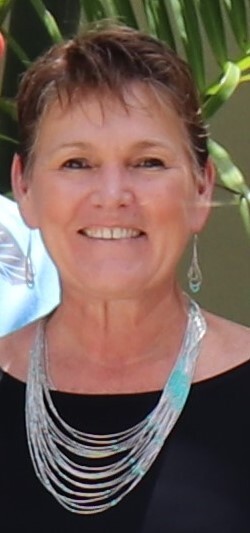
Deborah Stone-Walls
Chief, Programs and Services
USAging
Deborah Stone-Walls joined the USAging team in September 2021 in the role of Chief, Programs and Services to oversee the wide spectrum of USAging initiatives. Prior to joining the staff of USAging Deborah served on the USAging Board of Directors from 2009 to 2018. In 2018 she was elected by her peers to serve as the Board President until her term ended in 2021. In her more than 30 years as a practitioner and administrator in the field of human services, Deborah served older adults, individuals of all ages with disabilities, and family caregivers with passion and a commitment to improving overall quality of life. From 2008 to 2021 she held the position of Executive on Aging for the Maui County Office on Aging/Aging and Disability Resource Center. During her 25 years living in Hawaii, Deborah embraced the multicultural richness of the islands that helped shape her commitment to diversity, equity and inclusion in both her personal and professional life.
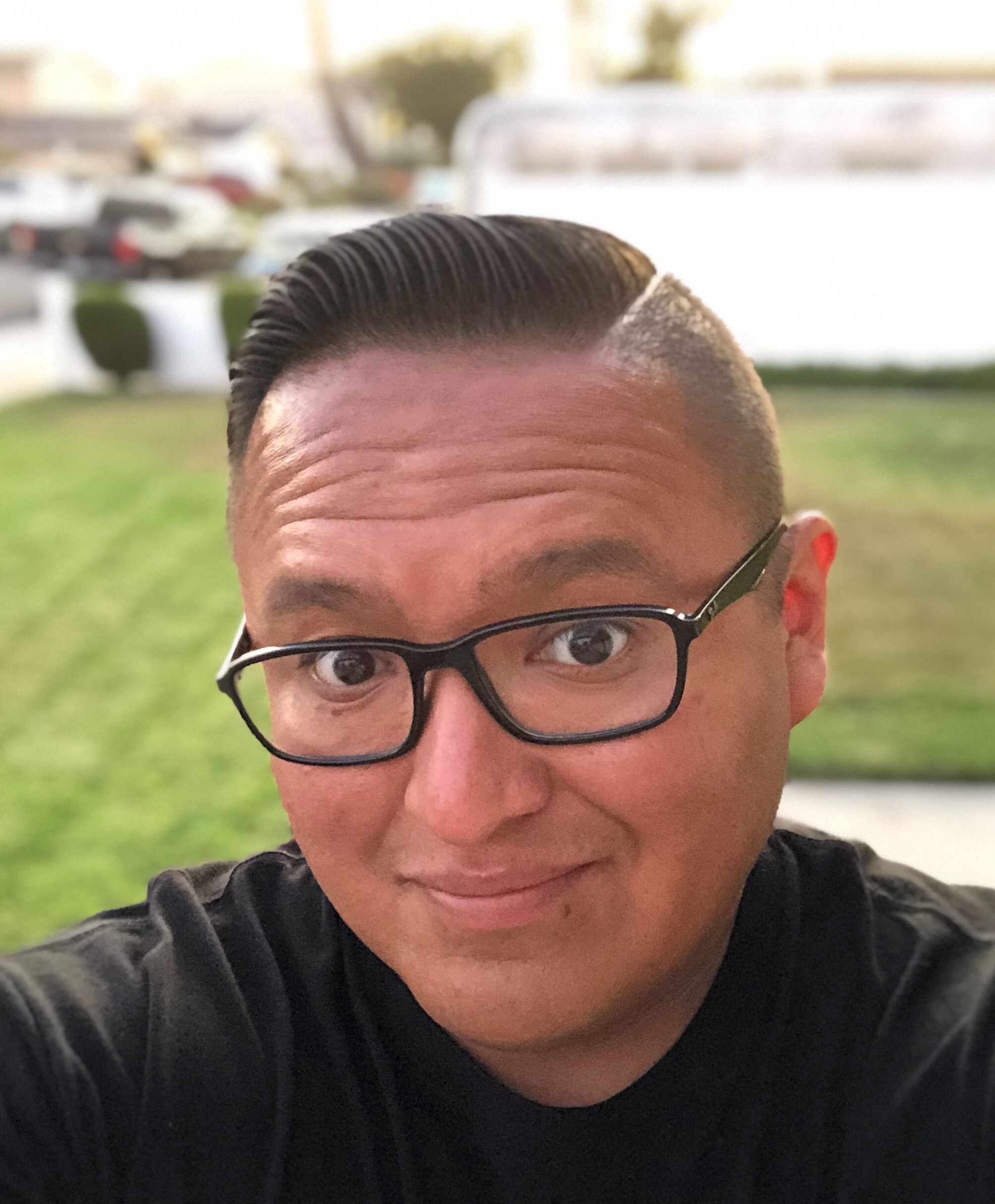
Monte Yazzie, MA
Injury Prevention Program Coordinator
Salt River Pima-Maricopa Indian Community
Monte Yazzie, MA, is the Injury Prevention Program Coordinator for the Salt River Pima-Maricopa Indian Community. Monte is working to increase the health status and decrease unintentional injuries within the Community in Salt River. He is a Child Passenger Safety Instructor, Yoga and Tai Chi Instructor, and provides partnership and collaboration interventions as one of the leads for the Community Health and Wellness Summit Committee. Monte is working to build a program that promotes data driven, culturally appropriate interventions that strive for effectiveness and efficacy in an effort to provide immediate prevention measures that will benefit the present and future client needs.”
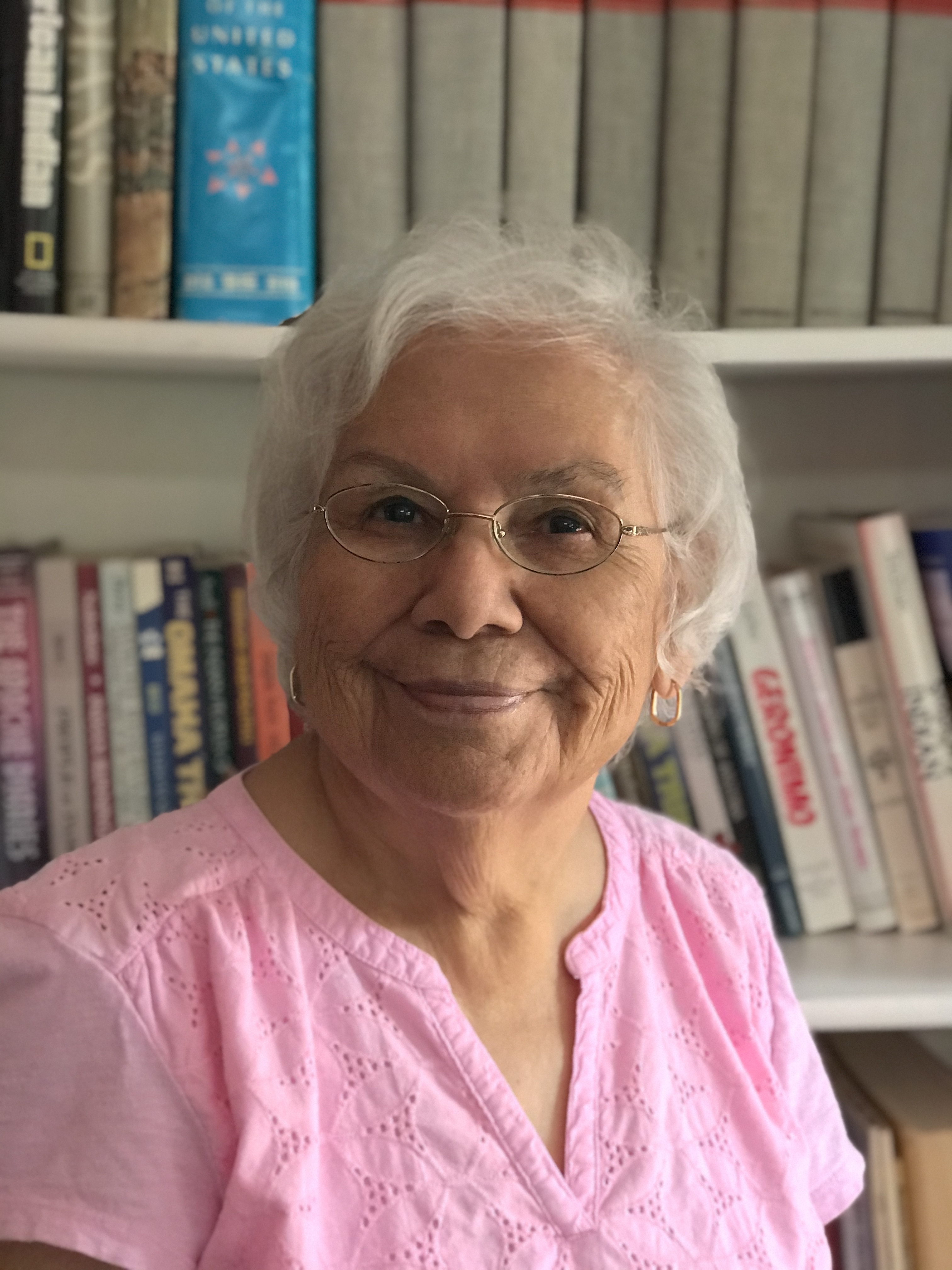
Jennie R. Joe, PhD, MPH, MA
Tribe: Dine’Nation (Navajo)
Professor Emerita, Department of Family and Community Medicine, College of Medicine, University of Arizona, Tucson, AZ.
Dr. Joe received her doctoral degree from UC Berkeley and San Francisco and joined the faculty at UCLA prior to coming to University of Arizona. Her academic background includes nursing, public health, anthropology, and medical anthropology. While at UA, she held an adjunct faculty position in American Indian Studies as well as serving as the director of the College of Medicine’s Native American Research and Training Center. Her research activity has and continues to focus on health disparities and its impact on native population, including health consequences due to chronic diseases, disabilities, cancer, etc. She has served on a number of state, national, and international committees, including the National Institute of Medicine and Canada’s Institute for Aboriginal Peoples’ Health Research.
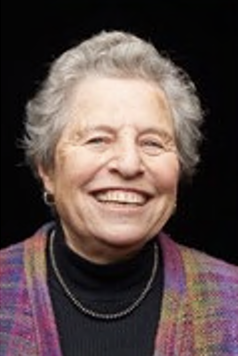
Kate R. Lorig, DrPH
Self-Management Resource Center
Self Management Resource Center, Professor Emerita at Stanford School of Medicine
Kate served as the Director of the Stanford Patient Education Research Center and Professor of Medicine in the Stanford School of Medicine. She earned her bachelor’s degree in nursing at Boston University, and her master's and doctorate of public health in health education at the University of California, Berkeley. She came to Stanford in 1979 while a graduate student at Cal to develop and research an educational program that emphasized self-help skills for people with arthritis. This program became the Arthritis Self-Help Course and was the prototype for the Chronic Disease Self-Management Program, The Diabetes Self-Management Program, the Positive Self-Management Program for HIV, the Cancer: Thriving and Surviving Program, the Building Better Caregiver's Program, the Chronic Pain Self-Management Program, and others. She has authored several books and many articles about arthritis, chronic disease in general, health education, and behavioral science. She travels extensively at the invitation of organizations concerned with patient care and academic research. She lives in Mountain View, CA, with her 2 cats and a collection of Native American art.
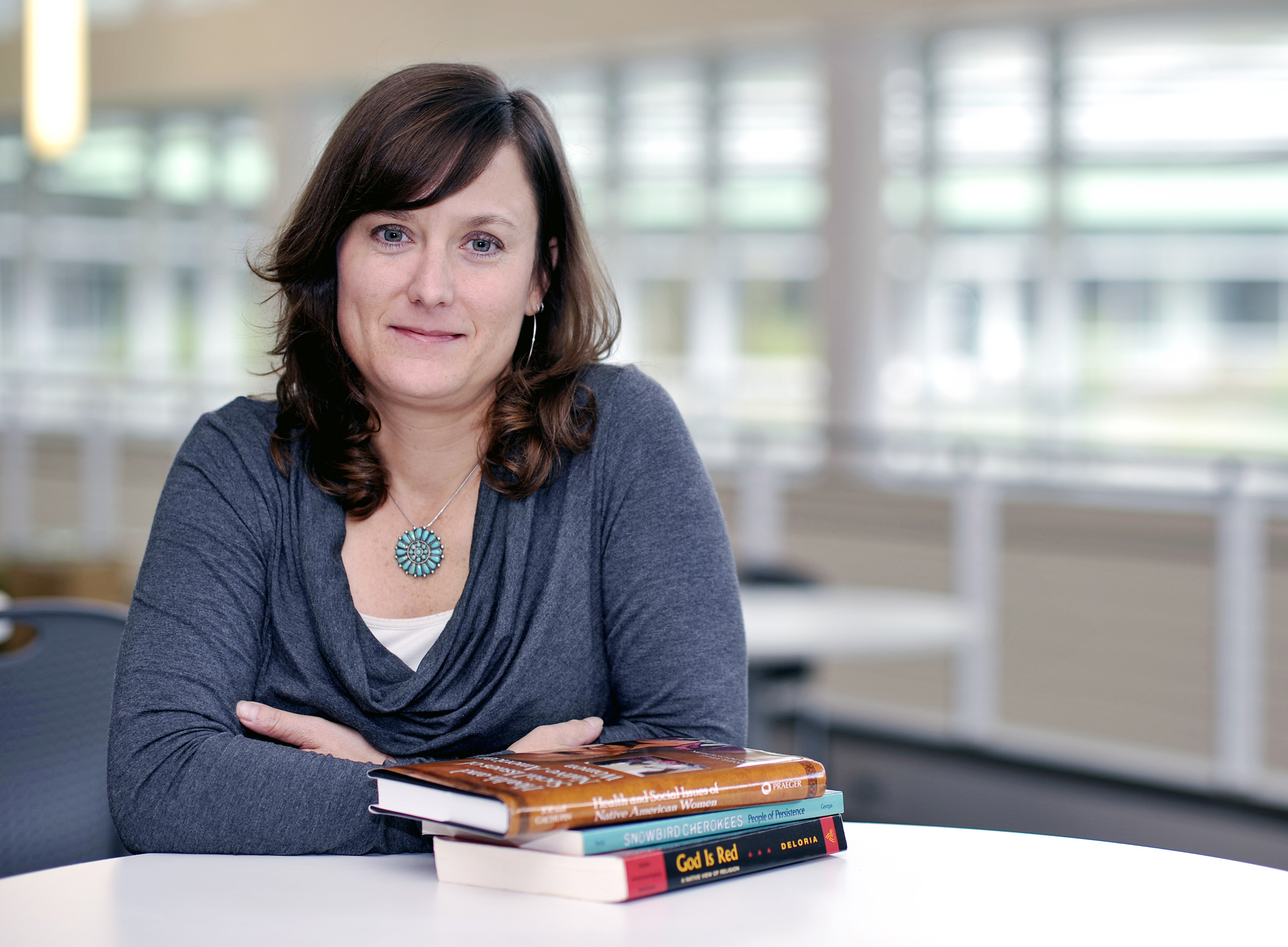
R. Turner Goins, PhD
Professor
Western Carolina University, College of Health and Human Sciences
R. Turner Goins is an endowed Professor at Western Carolina University in the College of Health and Human Sciences. She received her MS and PhD in gerontology from the University of Massachusetts-Boston and completed a National Institute of Aging’s post-doctoral research fellowship at Duke University’s Medical School. For the last 23 years, Dr. Goins’s research has focused on American Indian and Alaska Native aging- and health-related issues. Dr. Goins is a fellow at the Gerontological Society of America, past president of the Southern Gerontological Society, and in 2018 she was a Fulbright Scholar at the University of Auckland in New Zealand where she spent time learning about aging-related issues among the Māori.
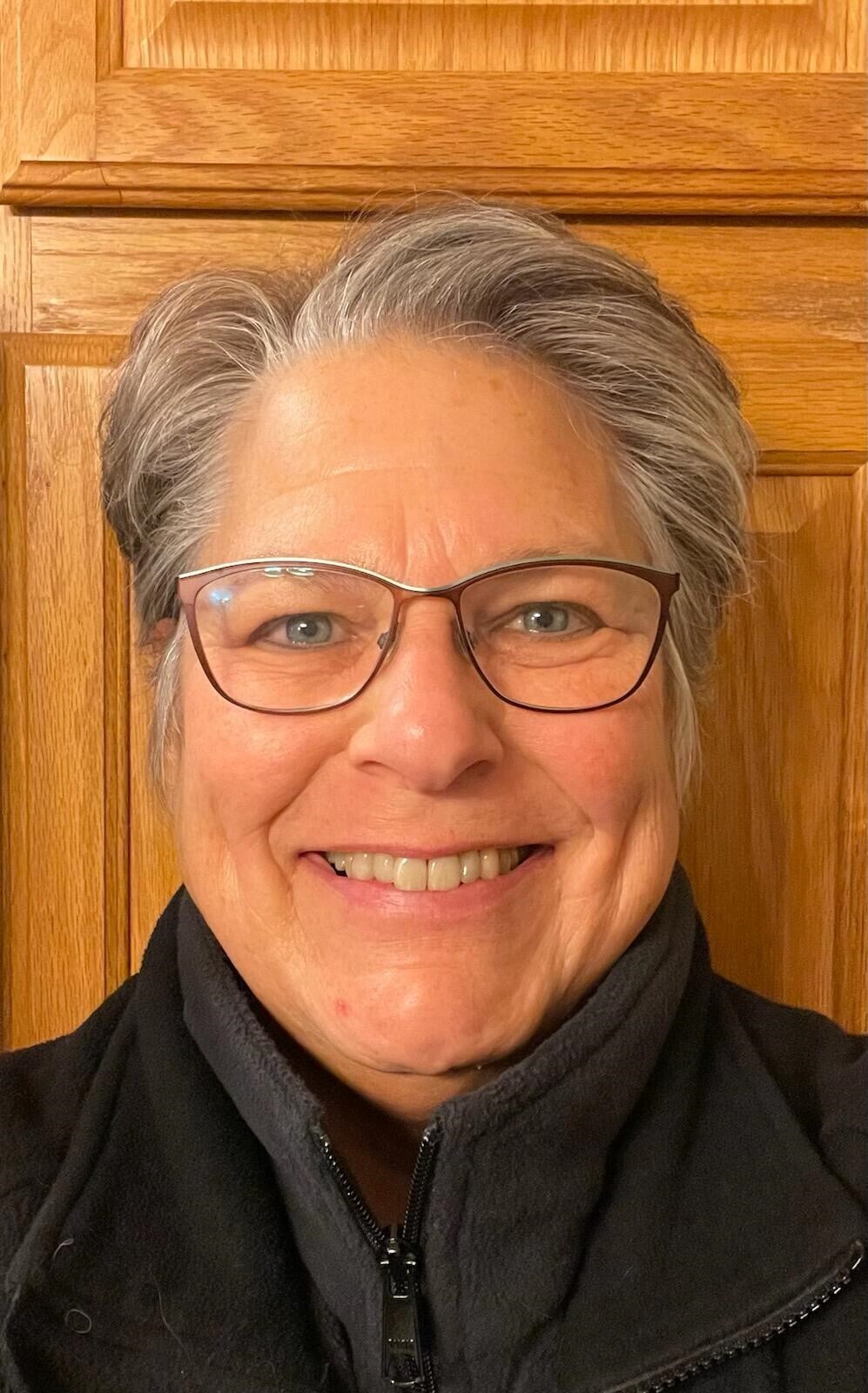
Amy Michael, M.S
Arthritis Program Coordinator
Minnesota Dept. of Health
Amy Michael is the Minnesota Department of Health’s (MDH) Arthritis Program Coordinator. She has brought the Walk with Ease Program to Minnesota. She is a Master Trainer for the Chronic Disease Self-Management Program, the Chronic Pain Self-Management Program and for the National Diabetes Prevention Program. She has worked at MDH since 2012 sometime was spent working in the Diabetes Program and in the Statewide Self-Improvement Partnership (SHIP) program as a Health Systems Coordinator. She has an M.S in Education and is married with 3 adult children.